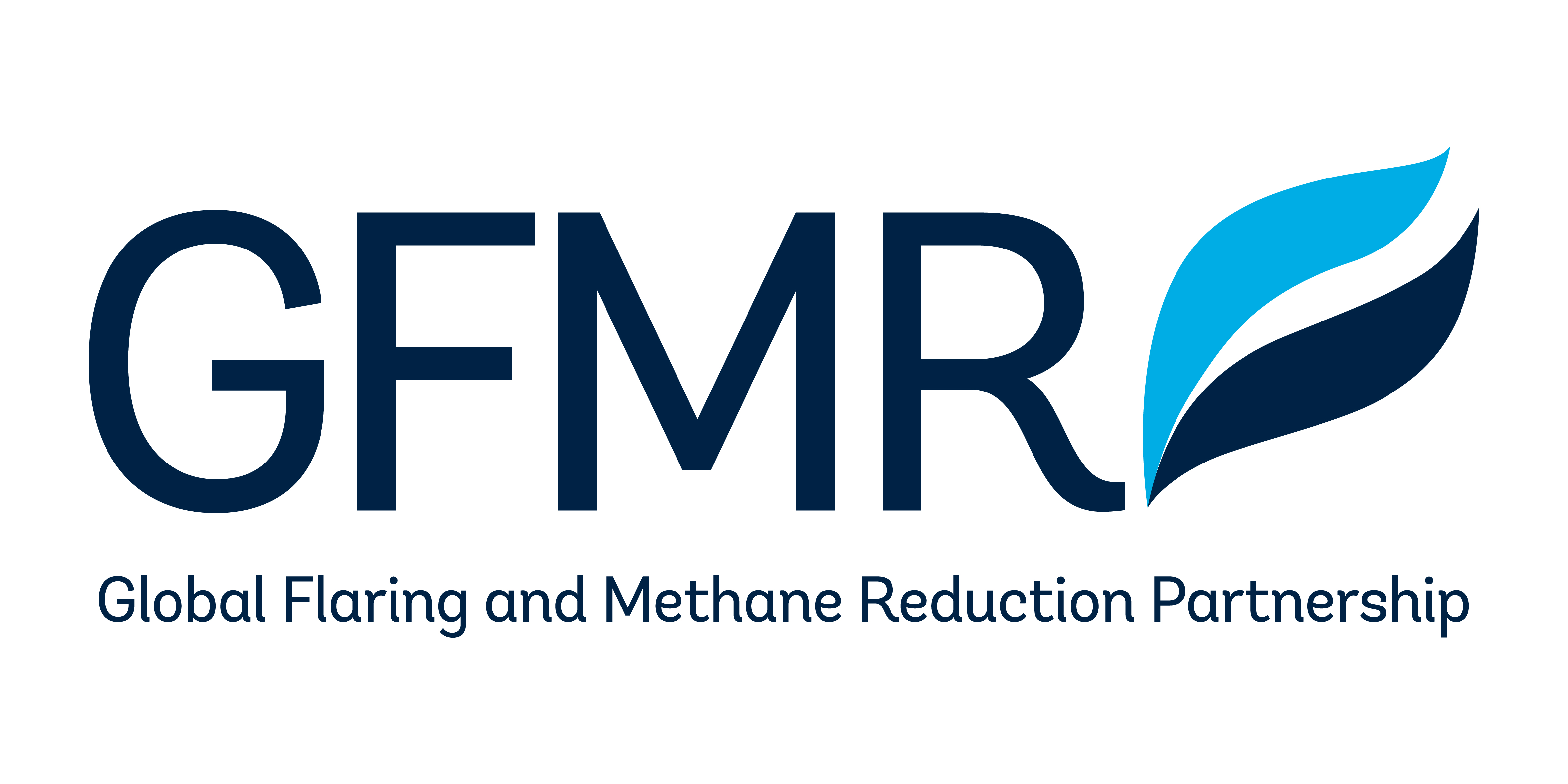Country
Assessment
Article 104 of the Organic Law of the Environment, 2006 provides three types of economic or fiscal incentives, which could in principle be applied to flaring reduction:
- a state-financed credit system
- exemptions from the payment of taxes, fees, and contributions
- any other legally established economic or fiscal incentive.
These incentives will be granted to persons who invest in preserving the environment according to the terms established in Article 102. The incentives aim to promote the adoption of clean technologies, environmental management systems, conservation practices, and the sustainable use of natural resources, as stated in Article 103.
No evidence regarding the use of market-based principles to reduce flaring, venting, or associated emissions could be found in the sources consulted.
The Organic Law on Gaseous Hydrocarbons, 1999 , created the National Gas Entity (Ente Nacional del Gas) as a decentralized body, with functional, administrative, technical, and operational autonomy. The National Gas Entity reports to MinPetróleo and is responsible for coordinating the country’s gas development activities.
In 2002, PDVSA Gas, S.A. was established with the purpose of managing the commercial aspects of the country’s natural gas activities: exploration and exploitation of nonassociated gas; extraction, storage, commercialization, and distribution of liquefied petroleum gas; and transport, distribution, and marketing of natural gas. However, the domestic gas market is comparatively small, because electricity demand is met almost entirely by hydropower. Domestic gas prices are regulated at levels well below international prices, deterring the required investments in both associated gas and nonassociated gas development.


